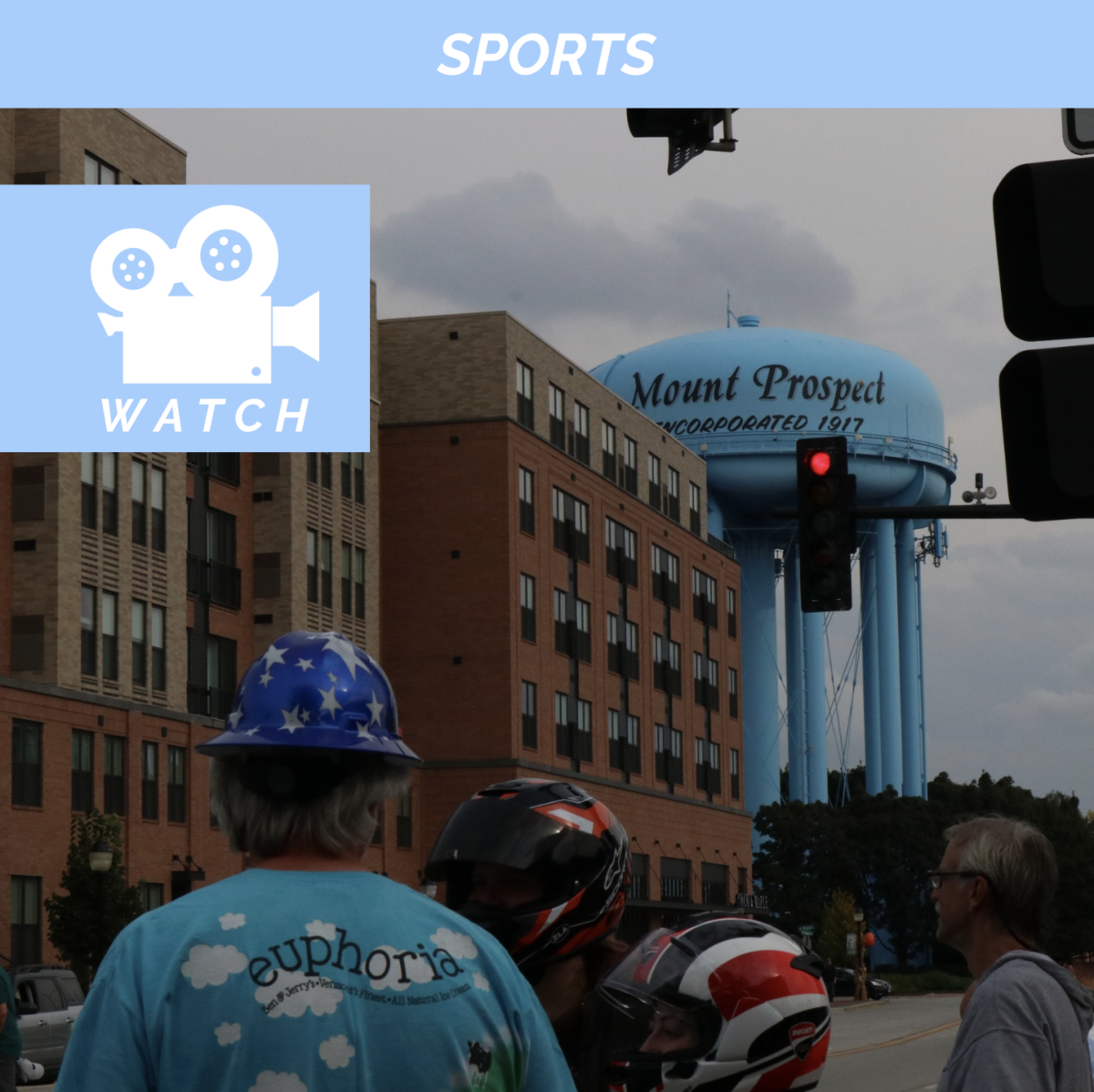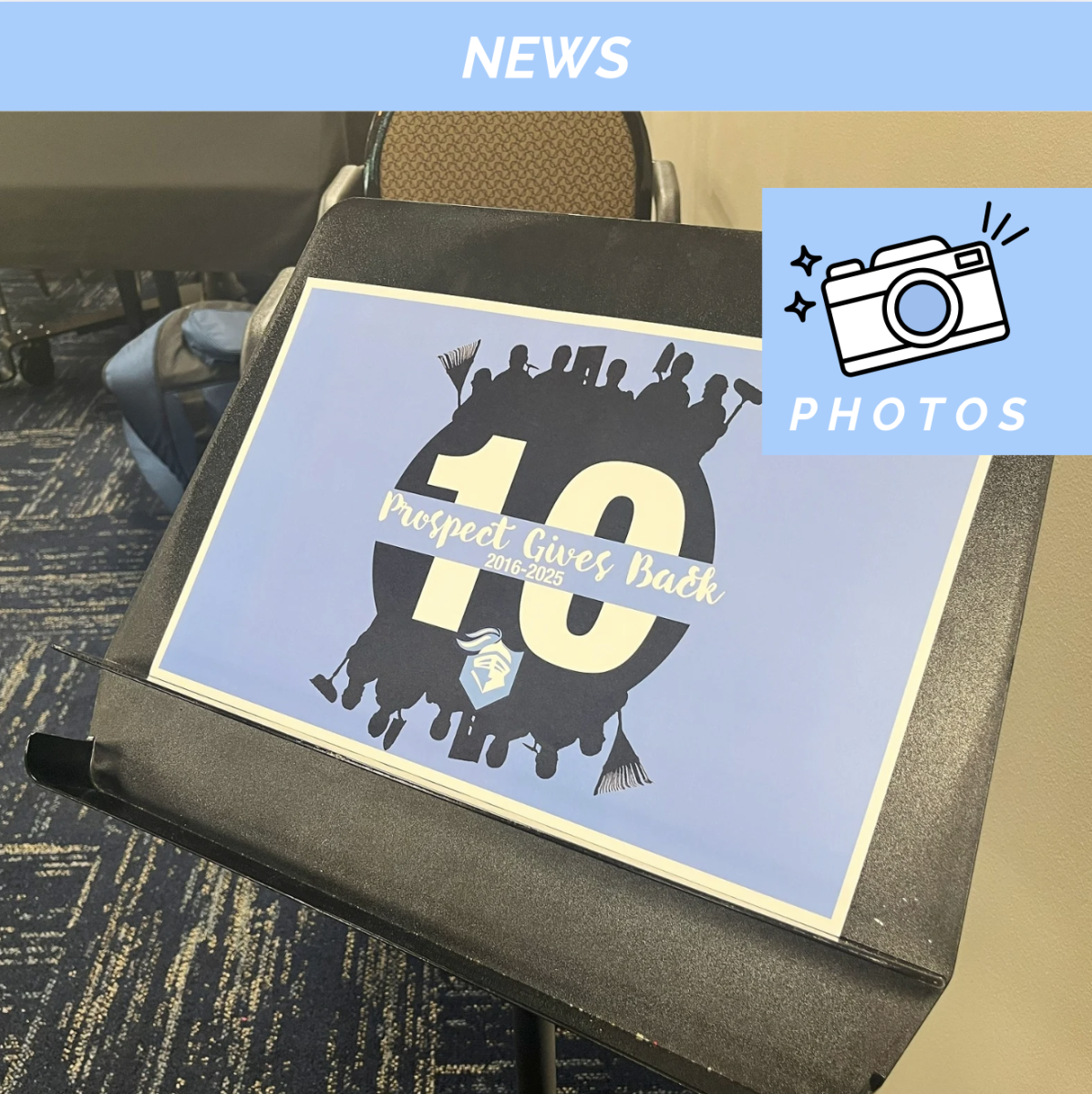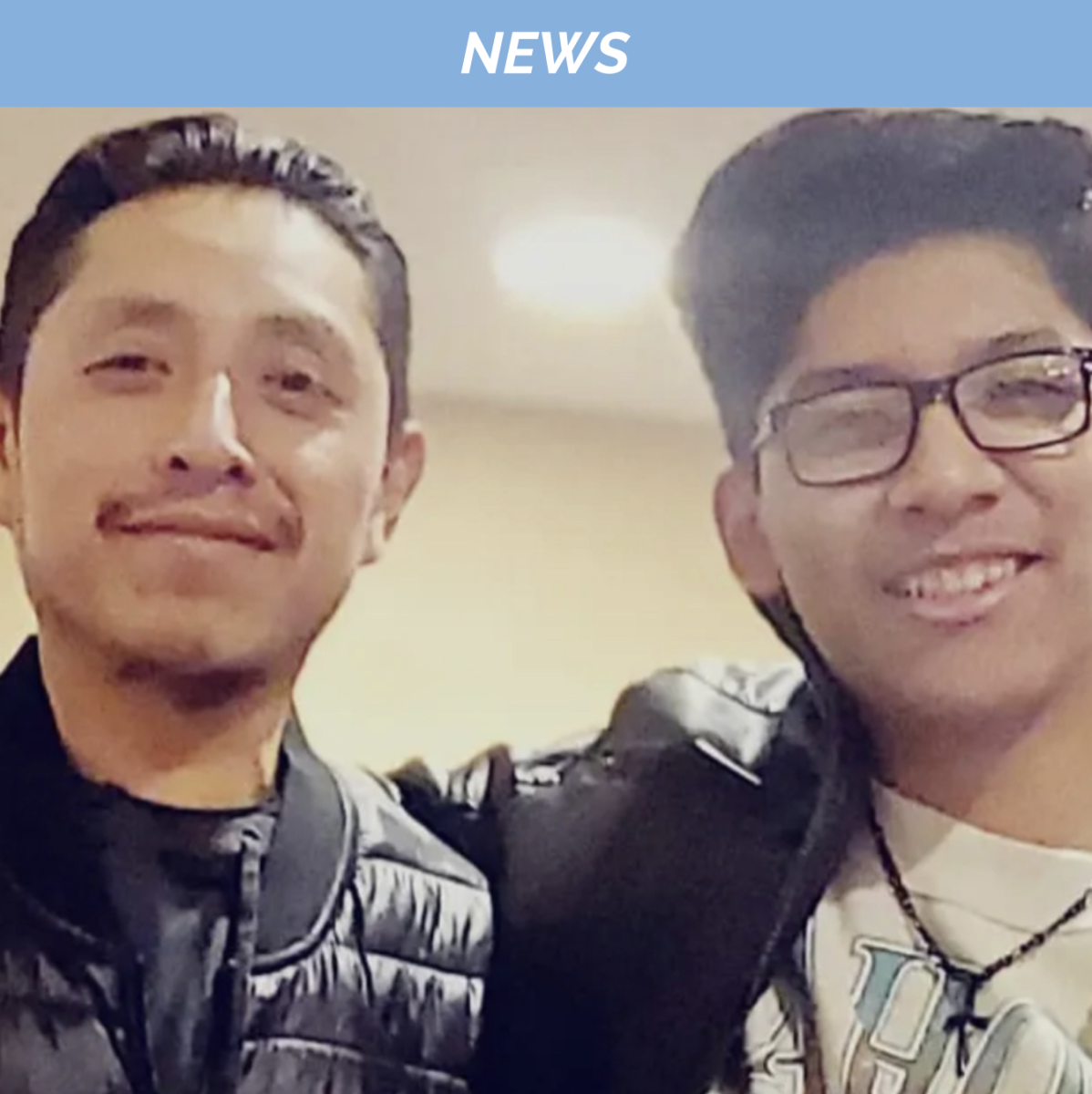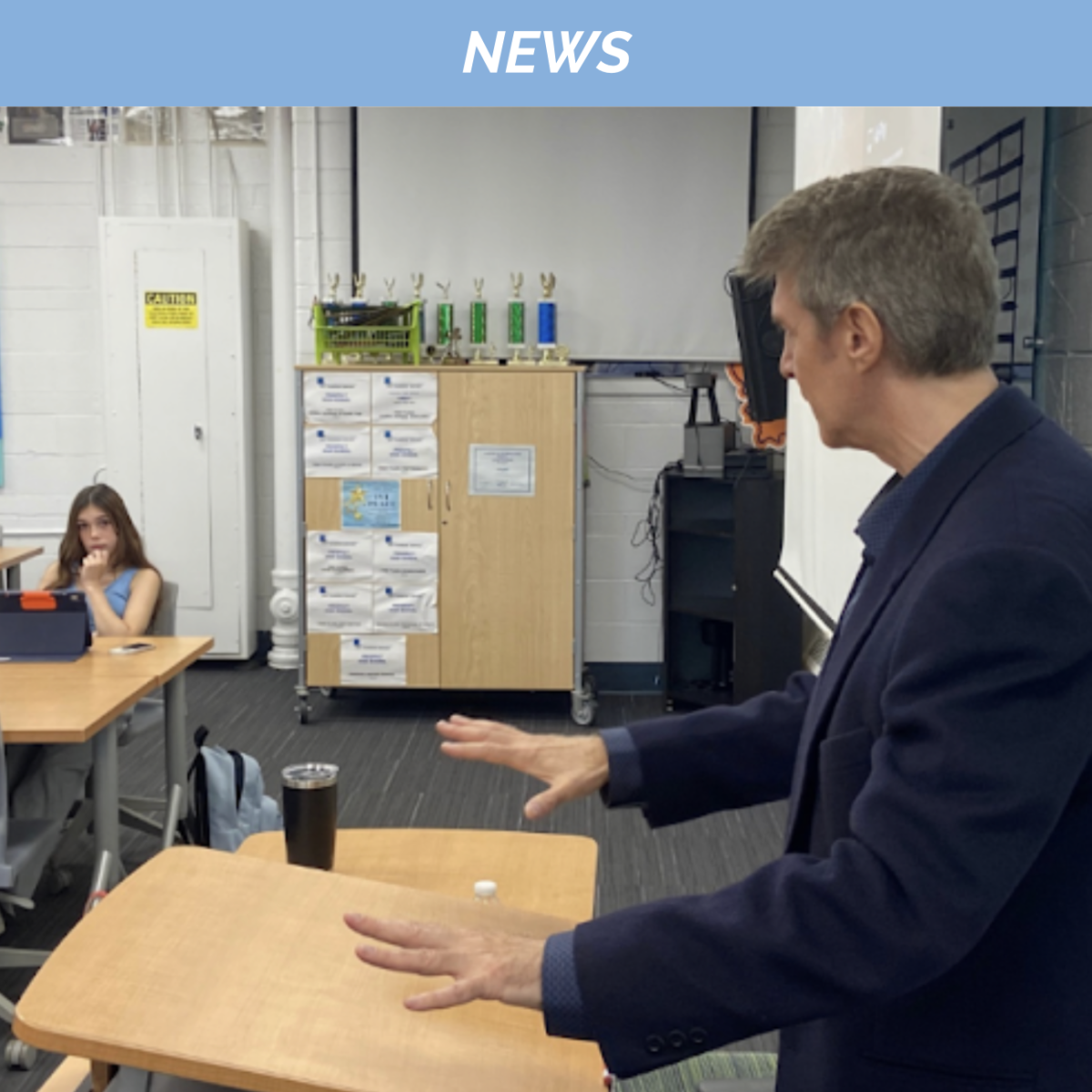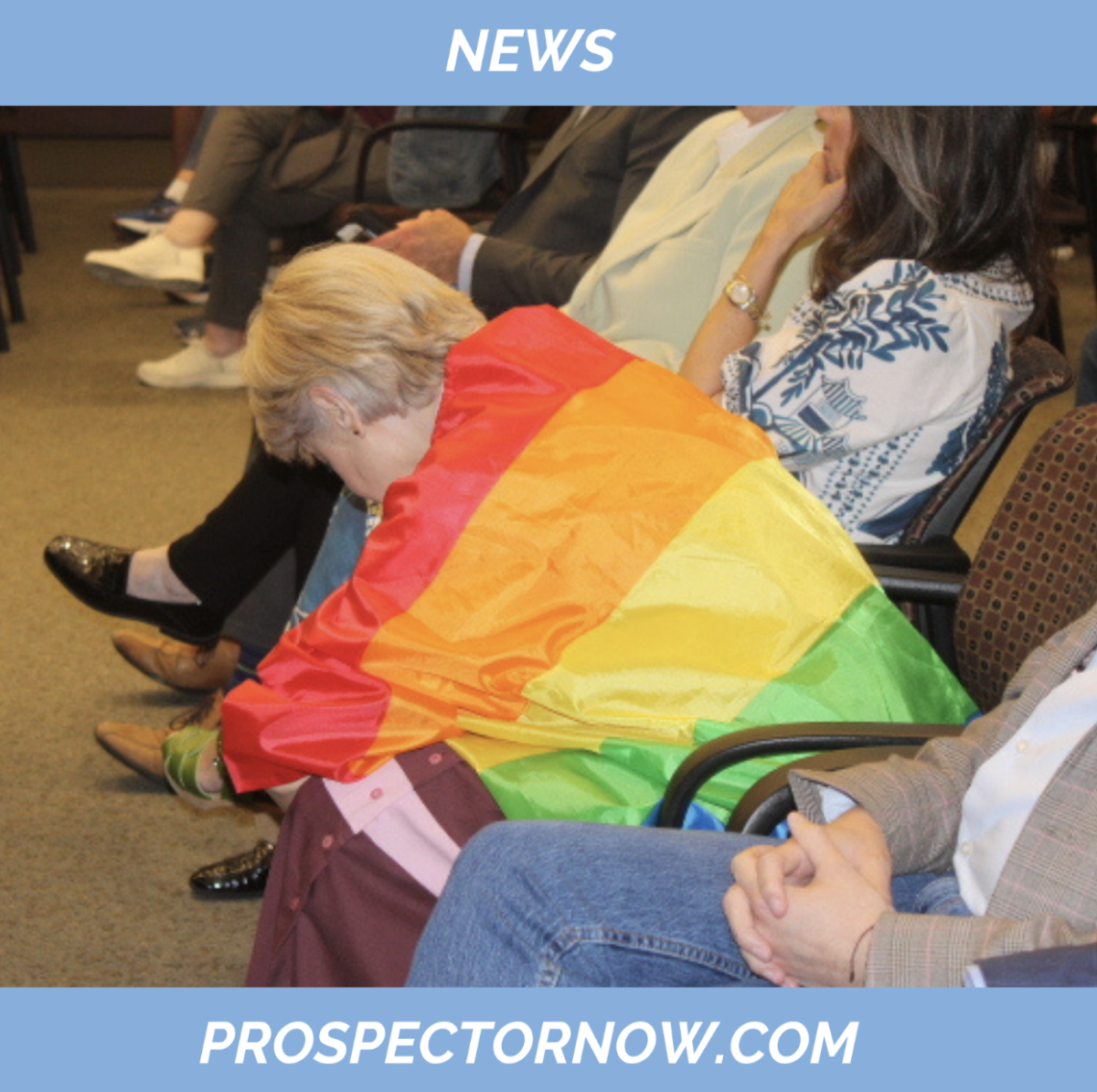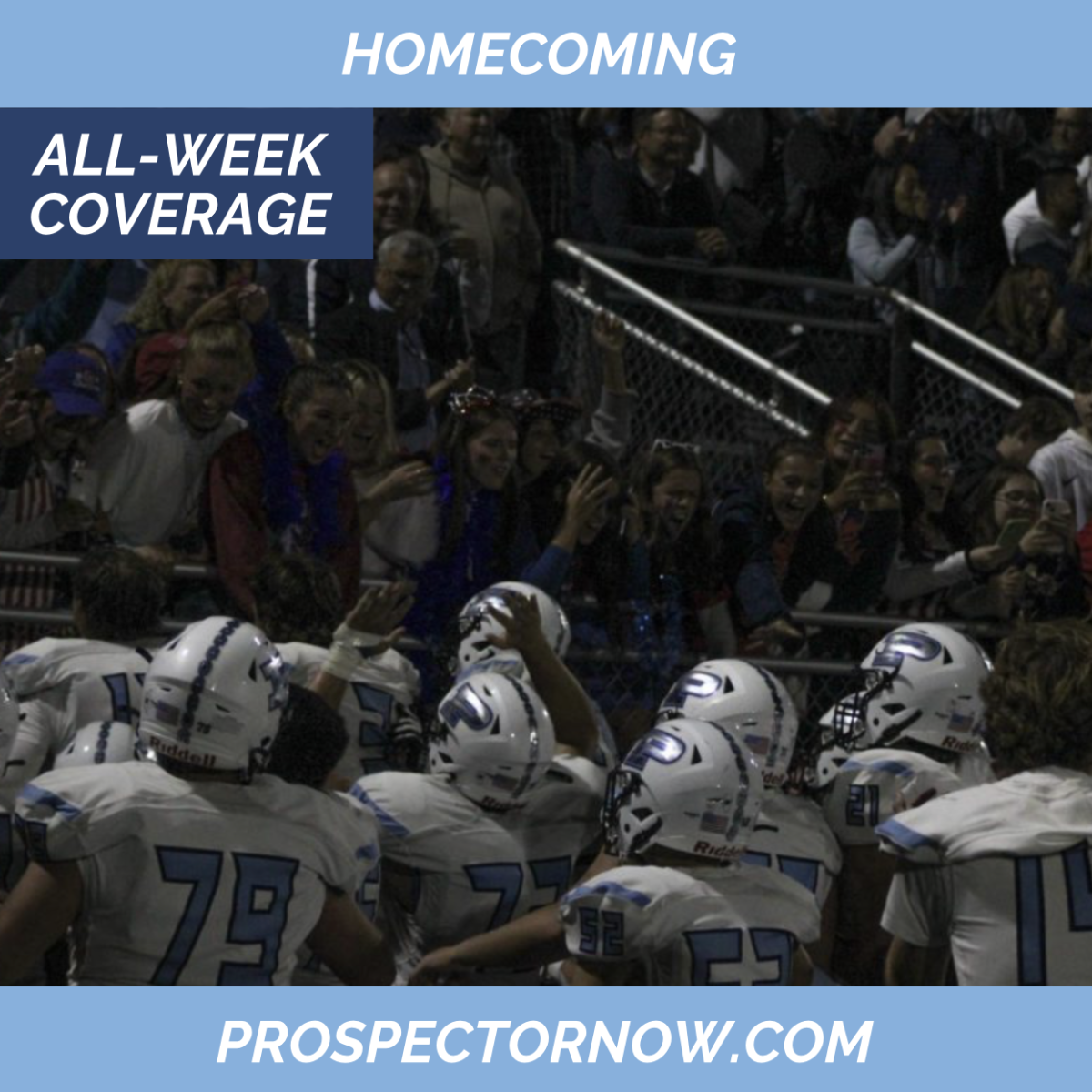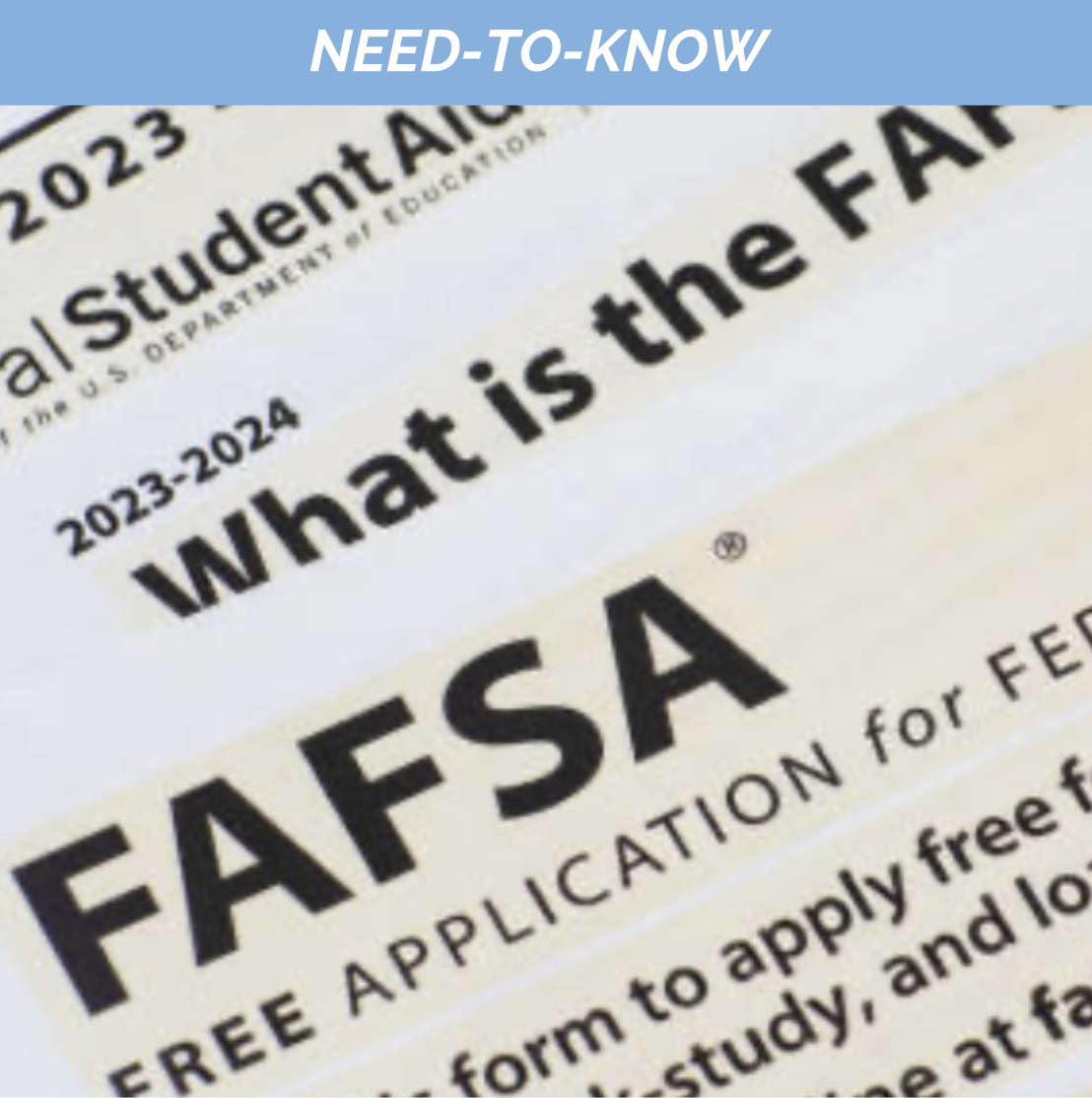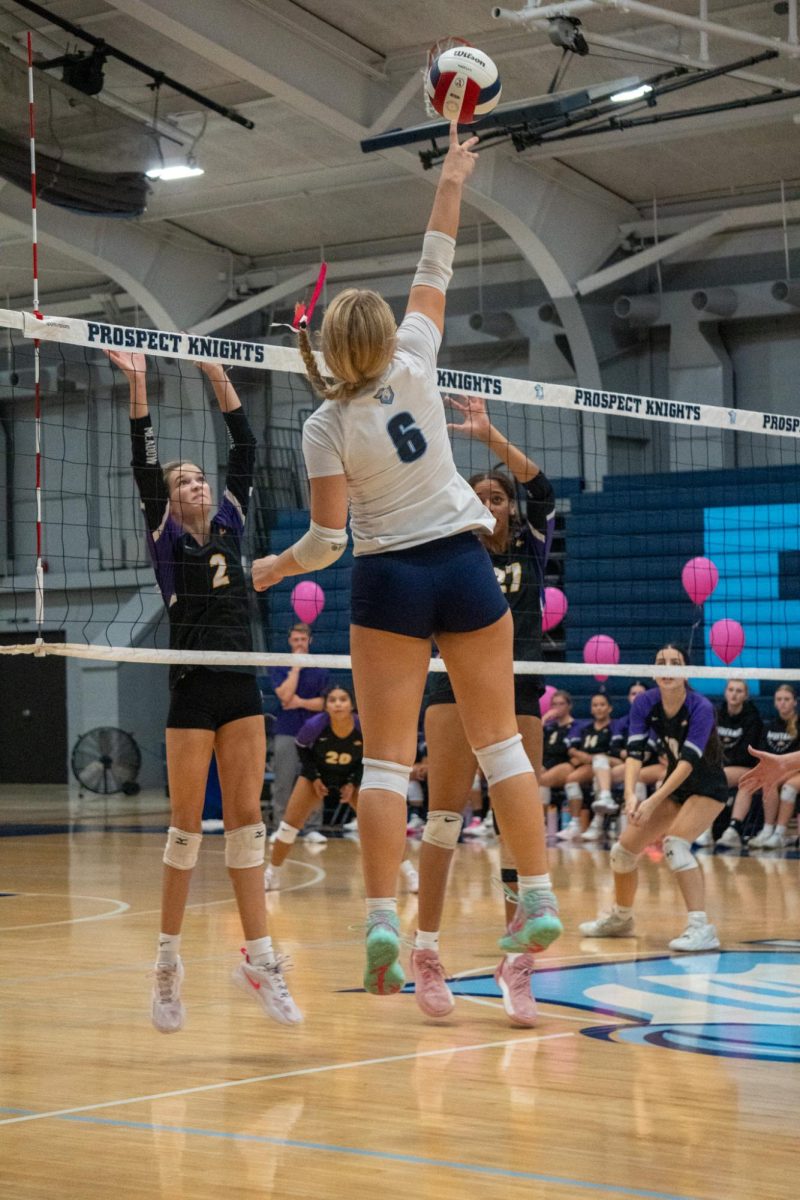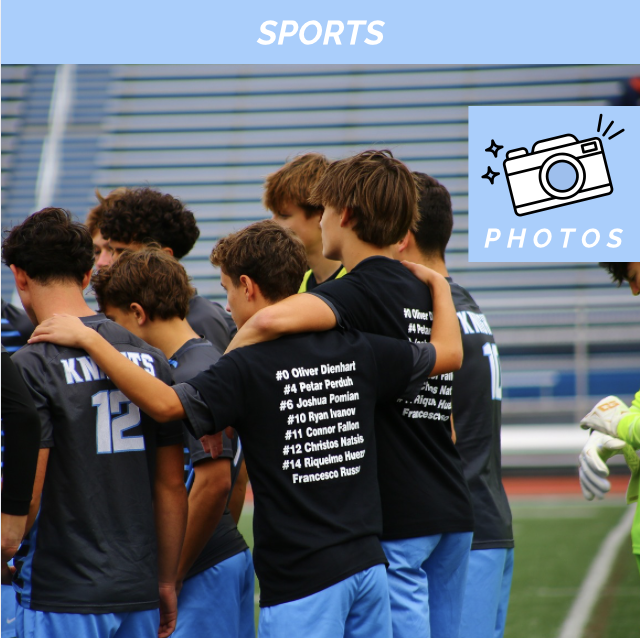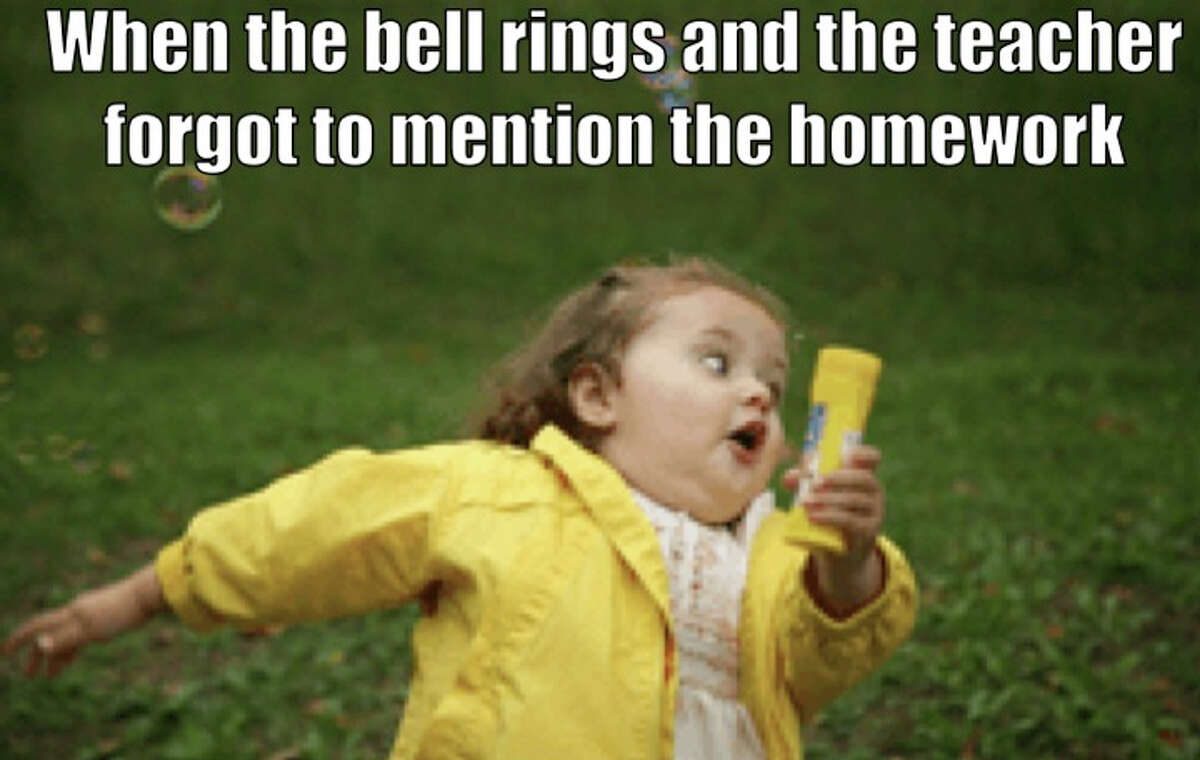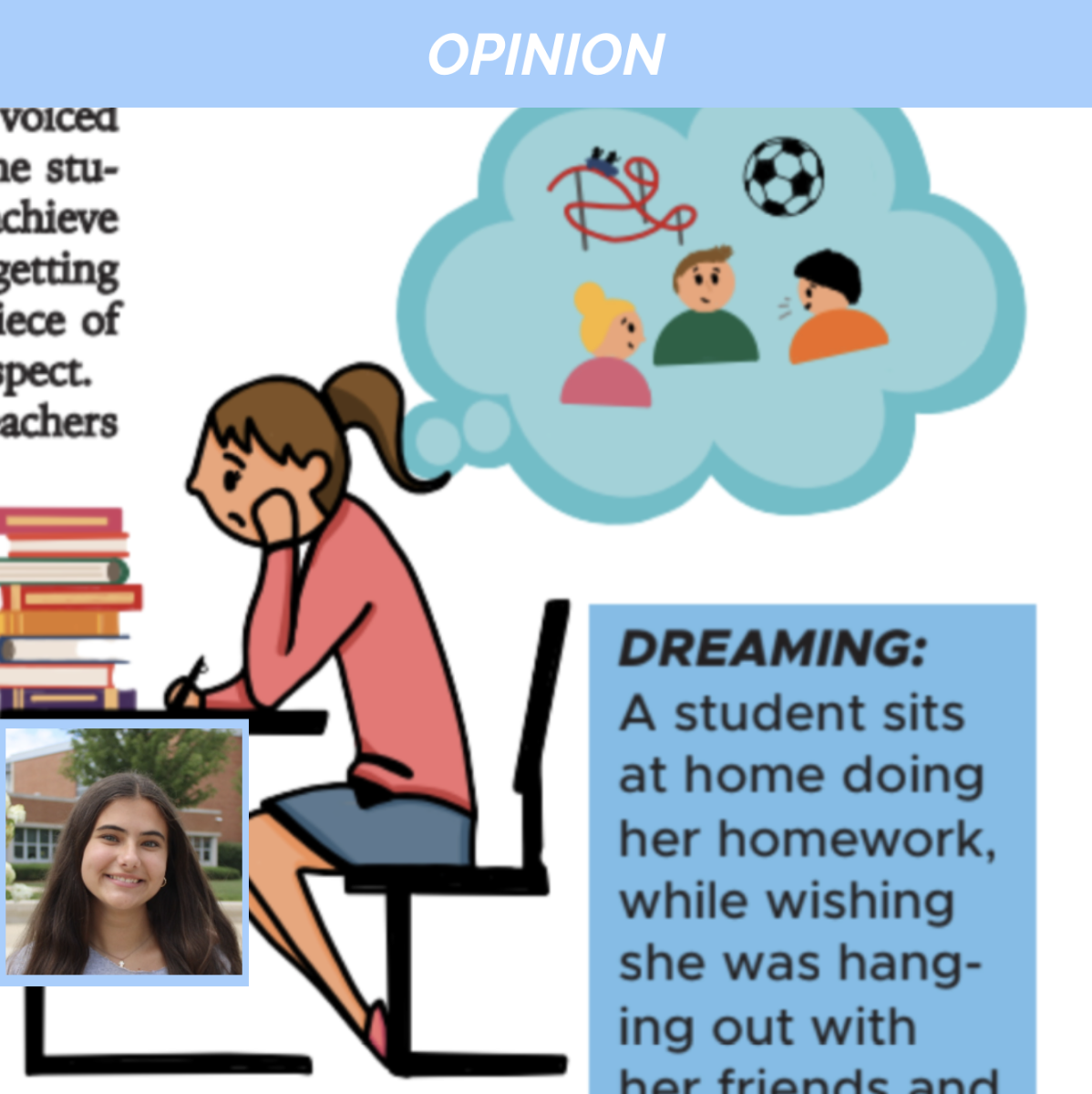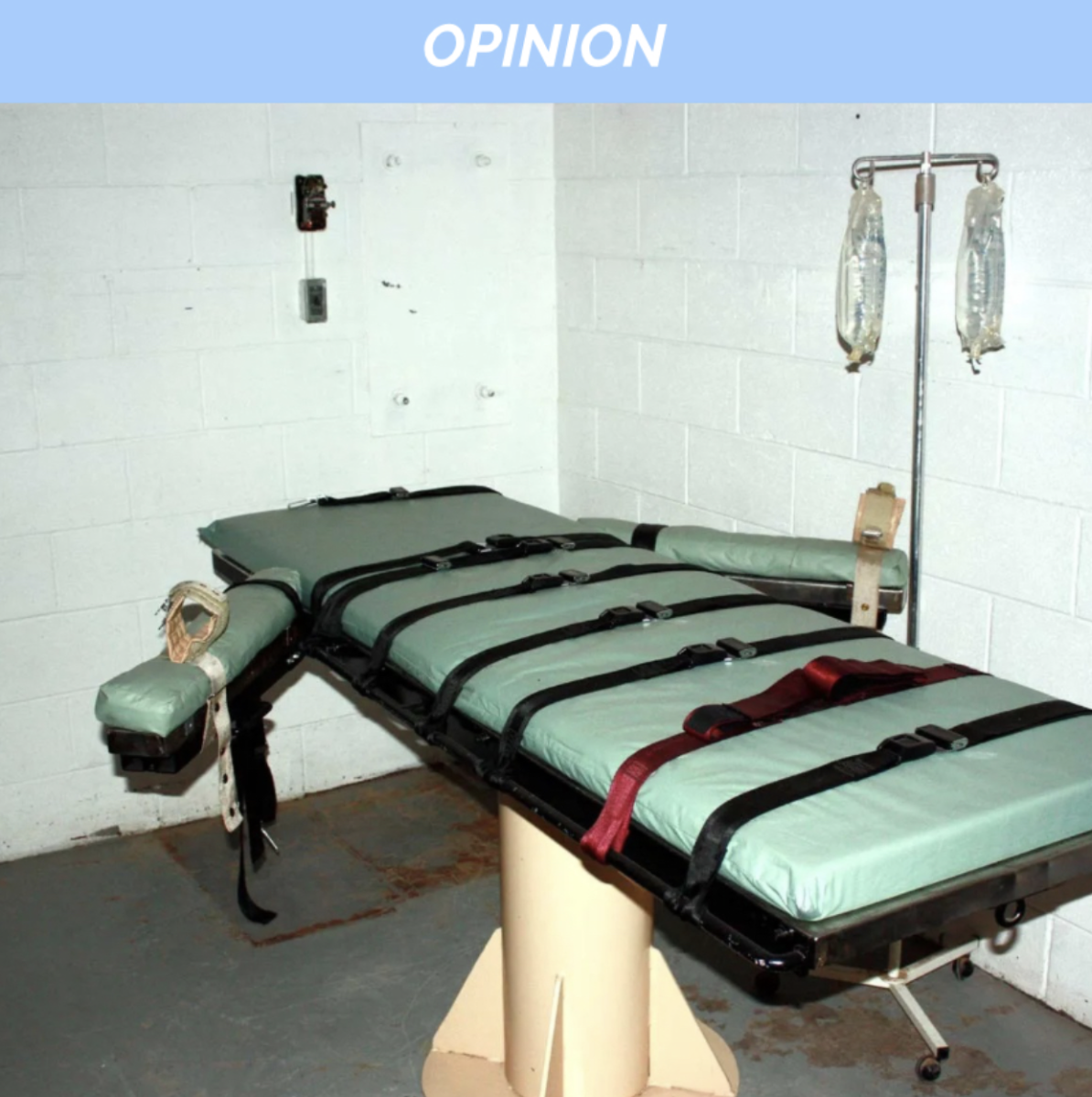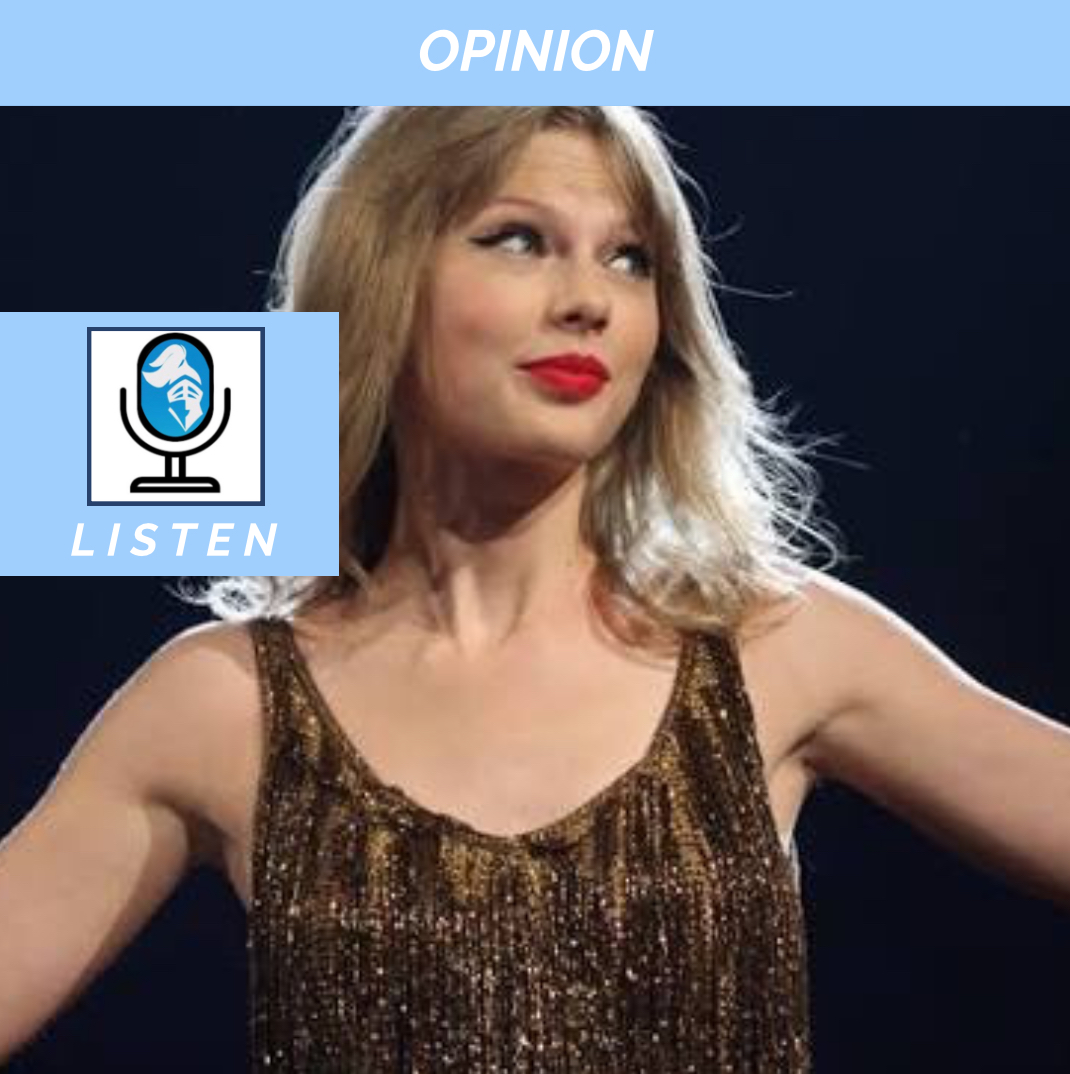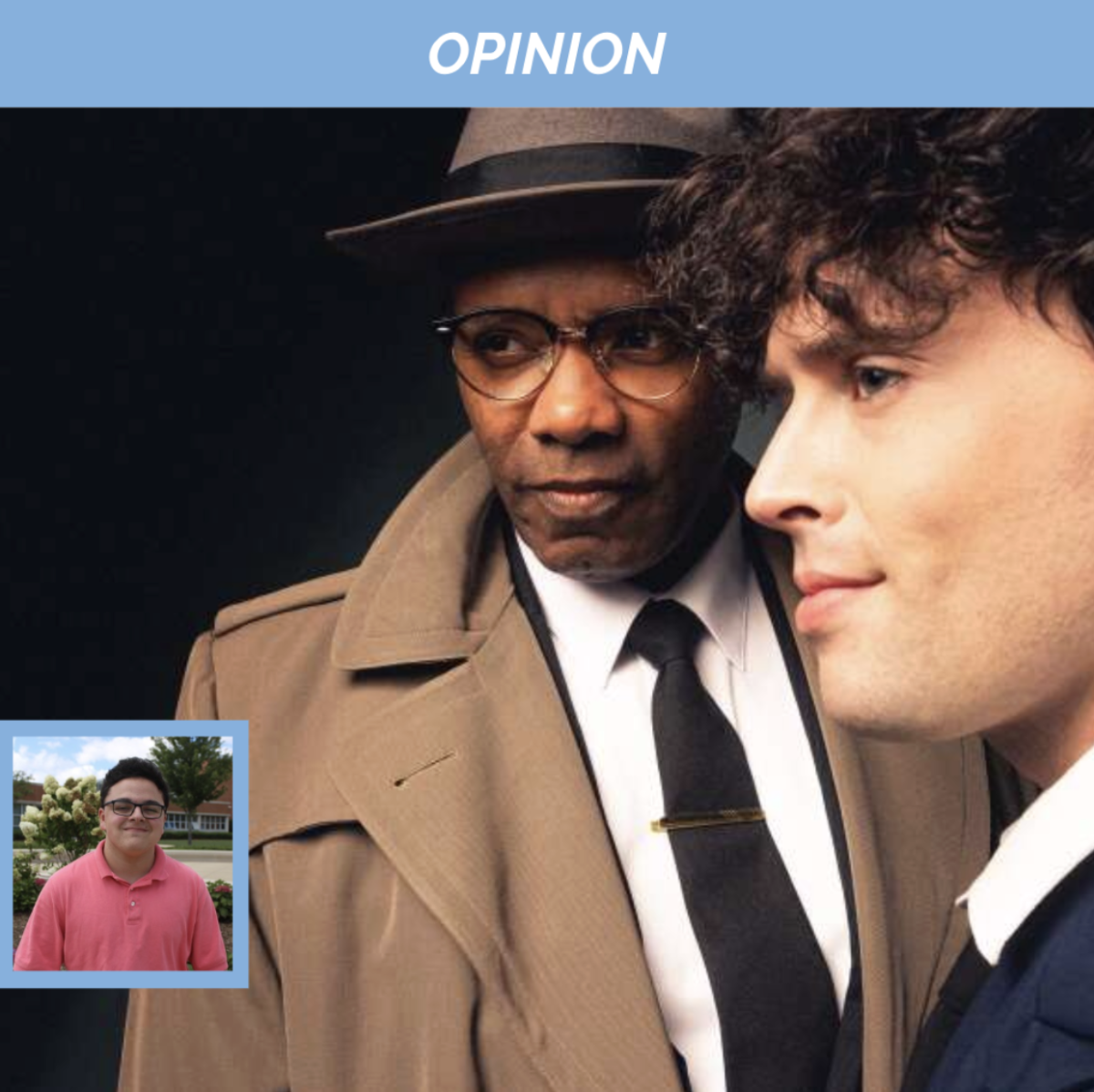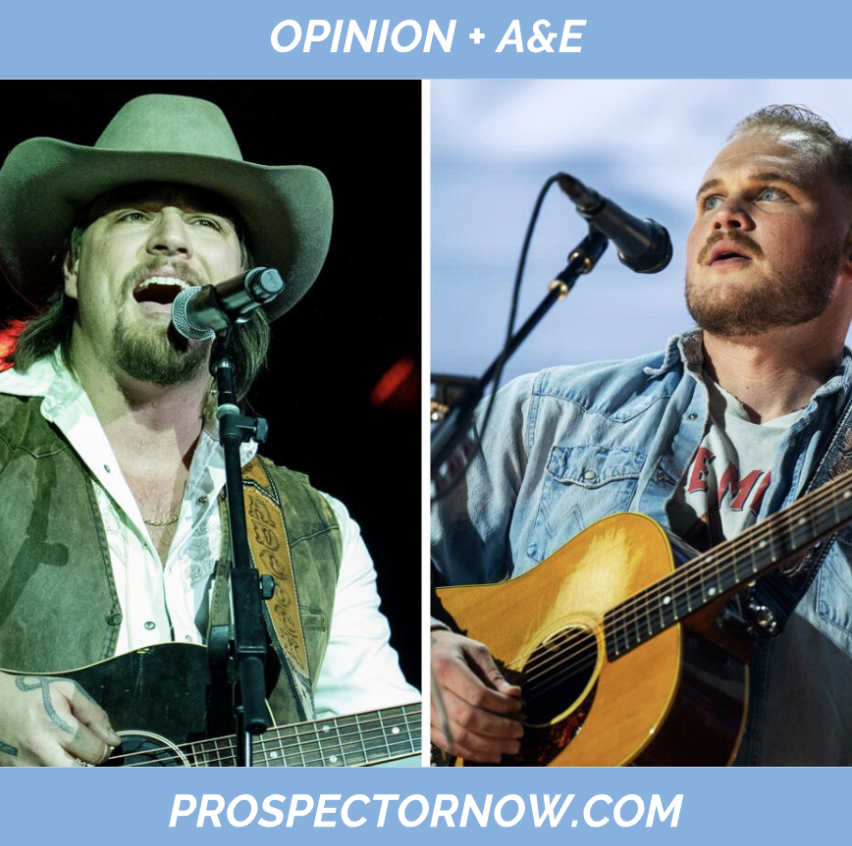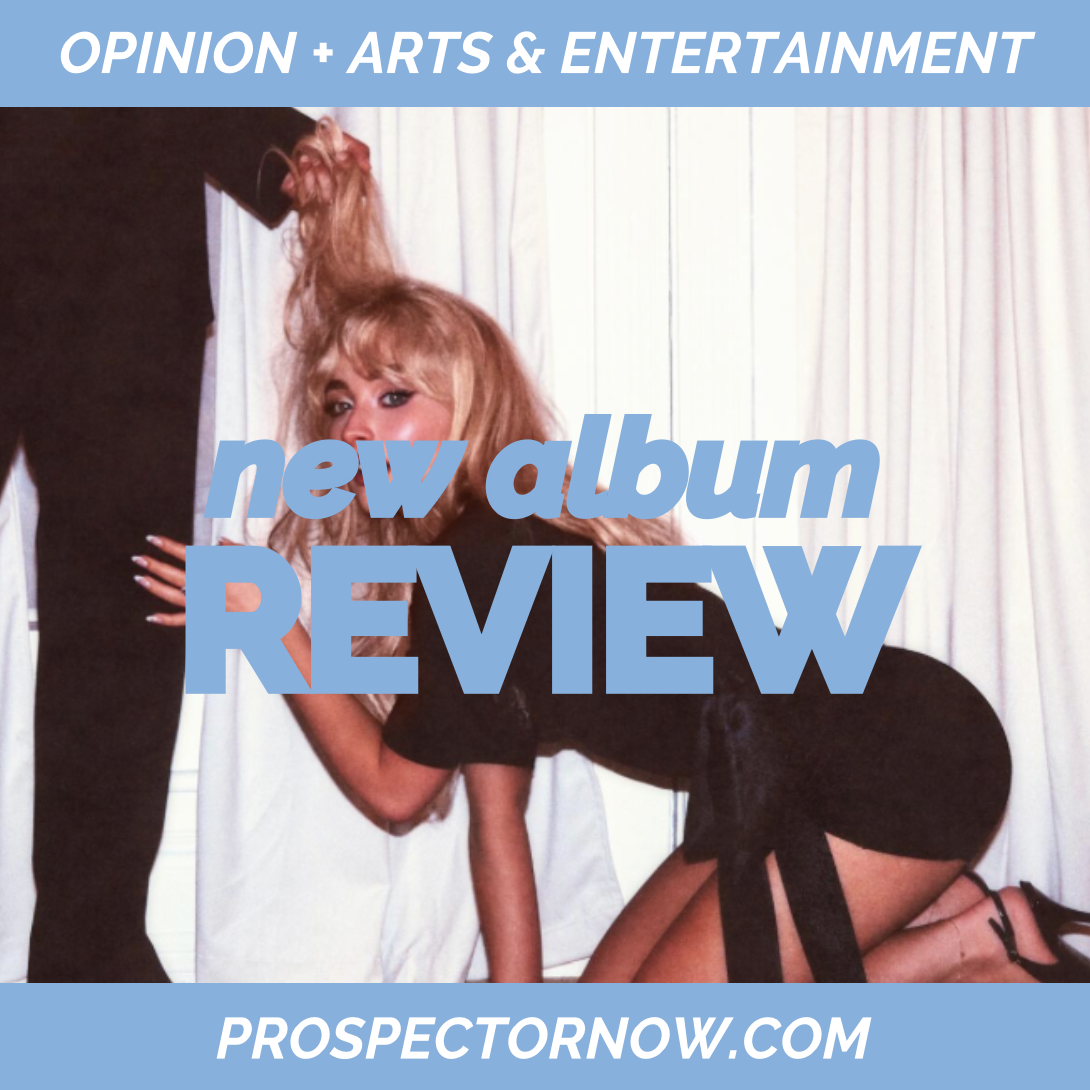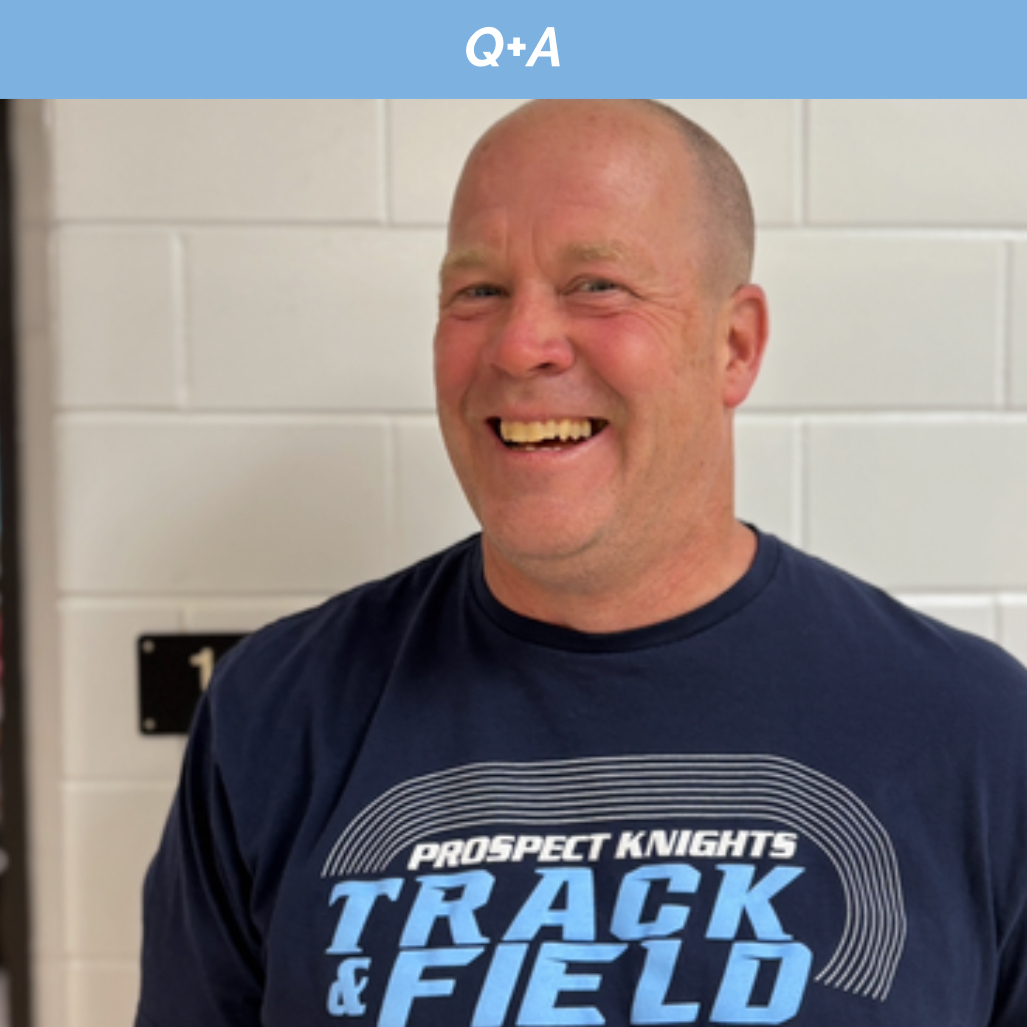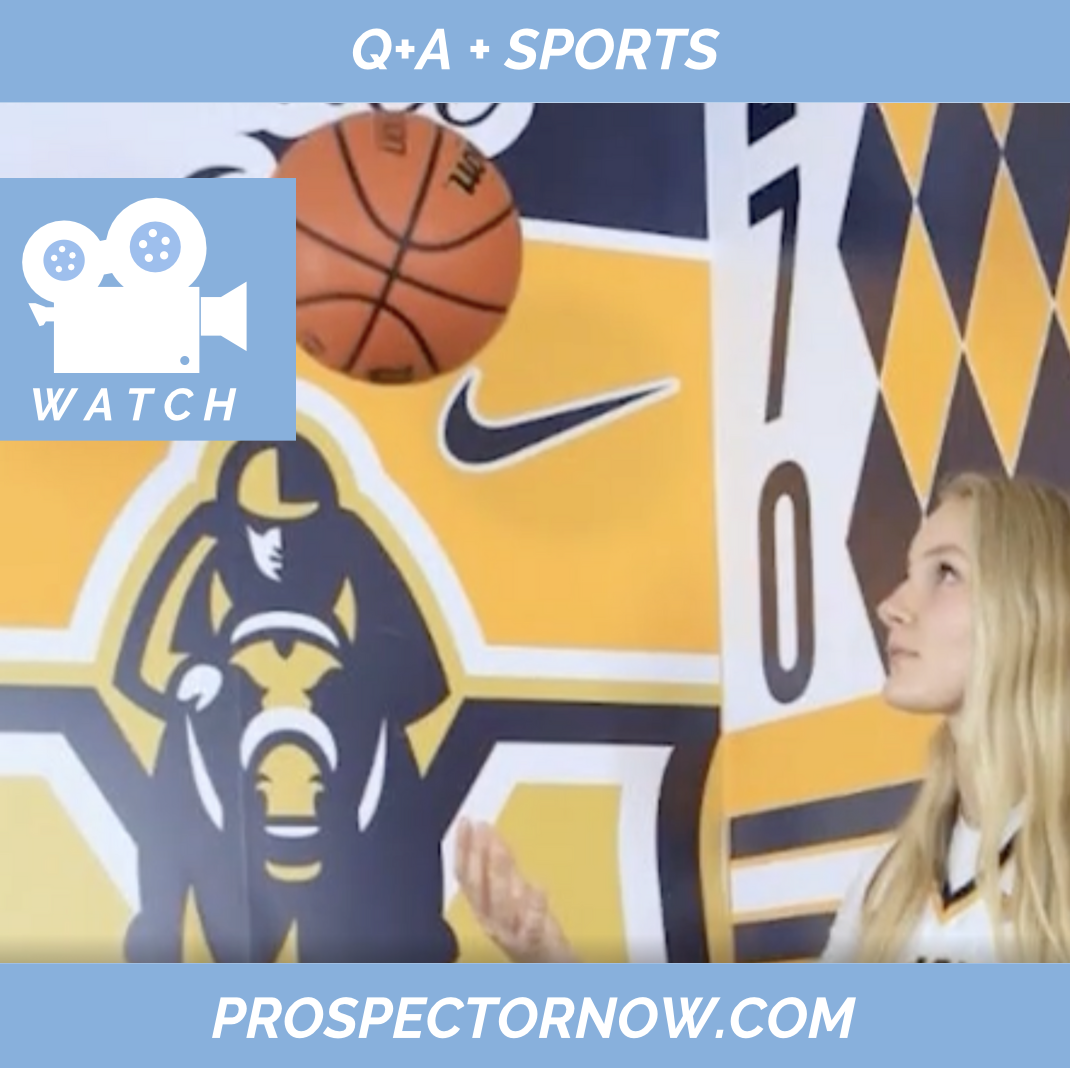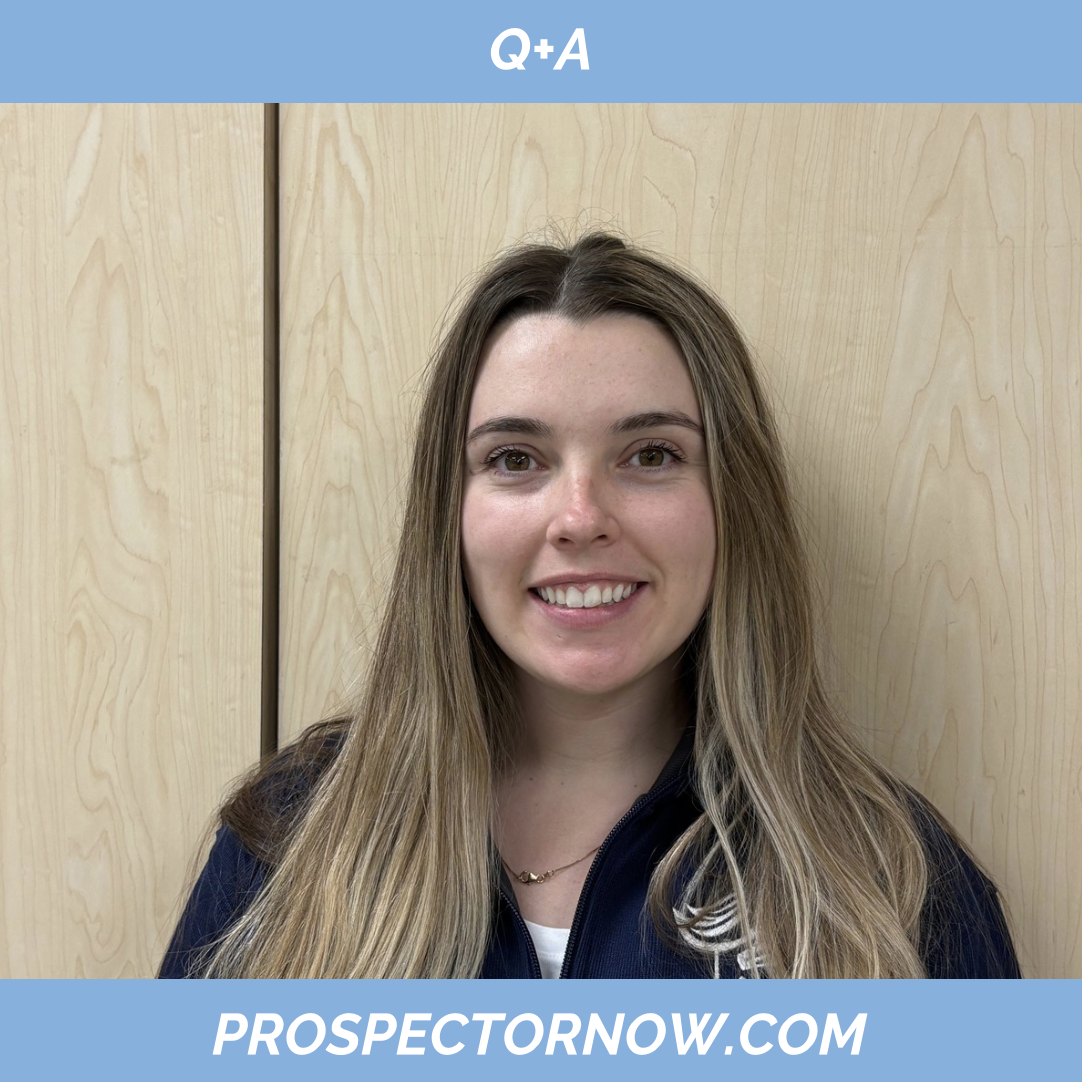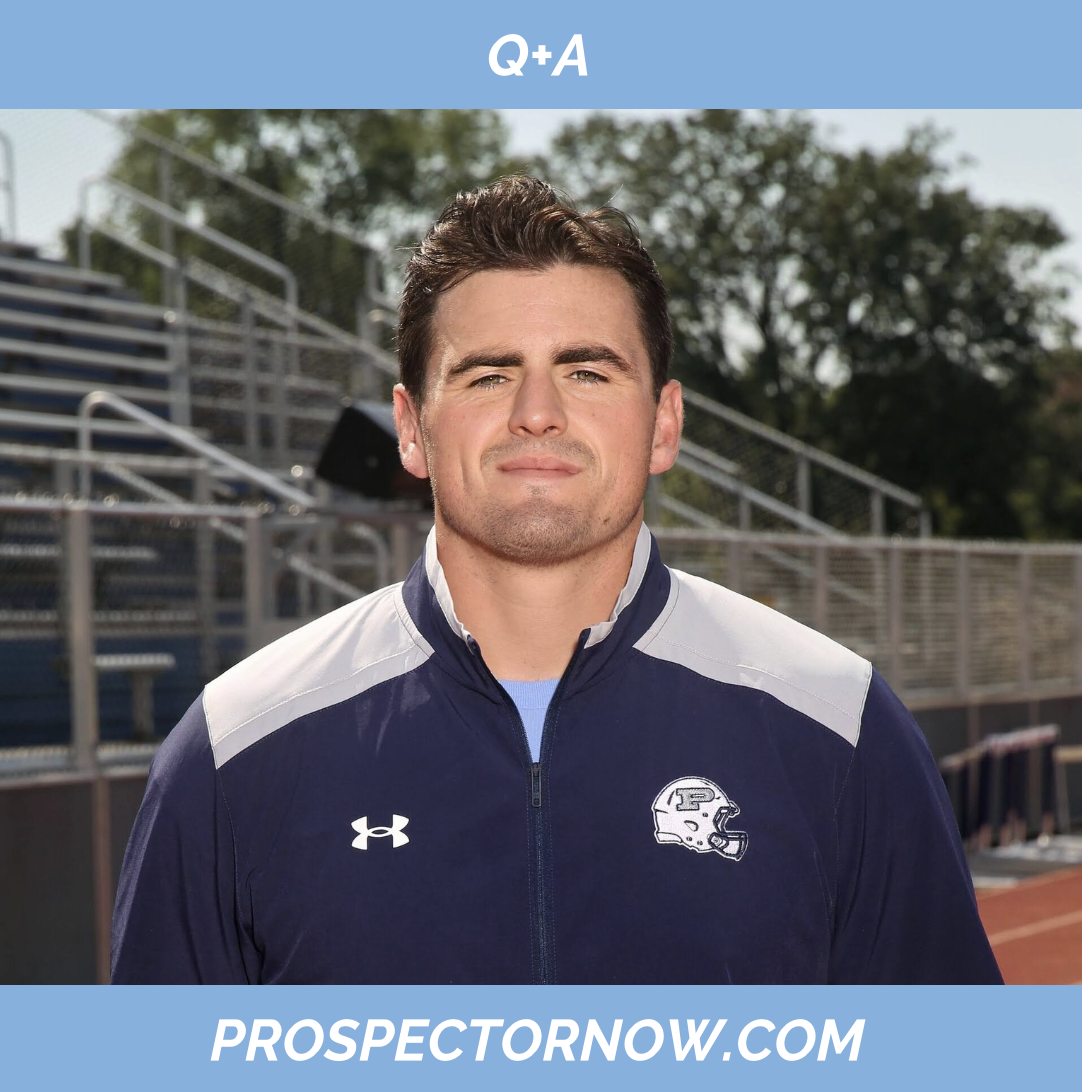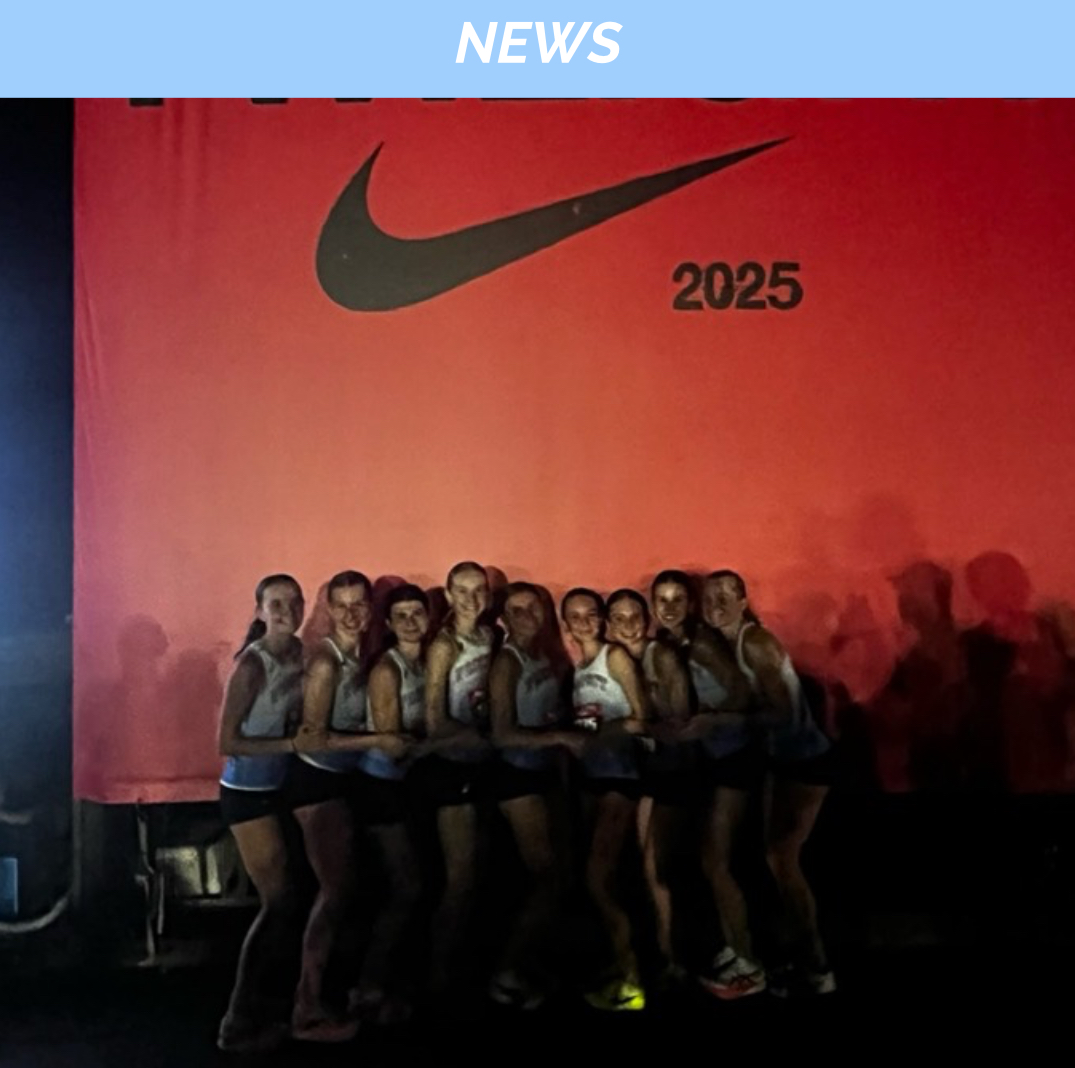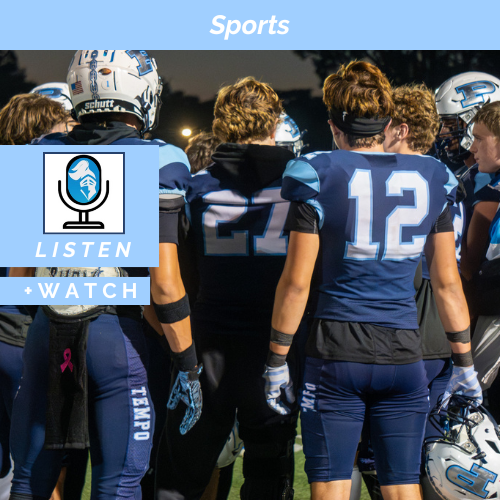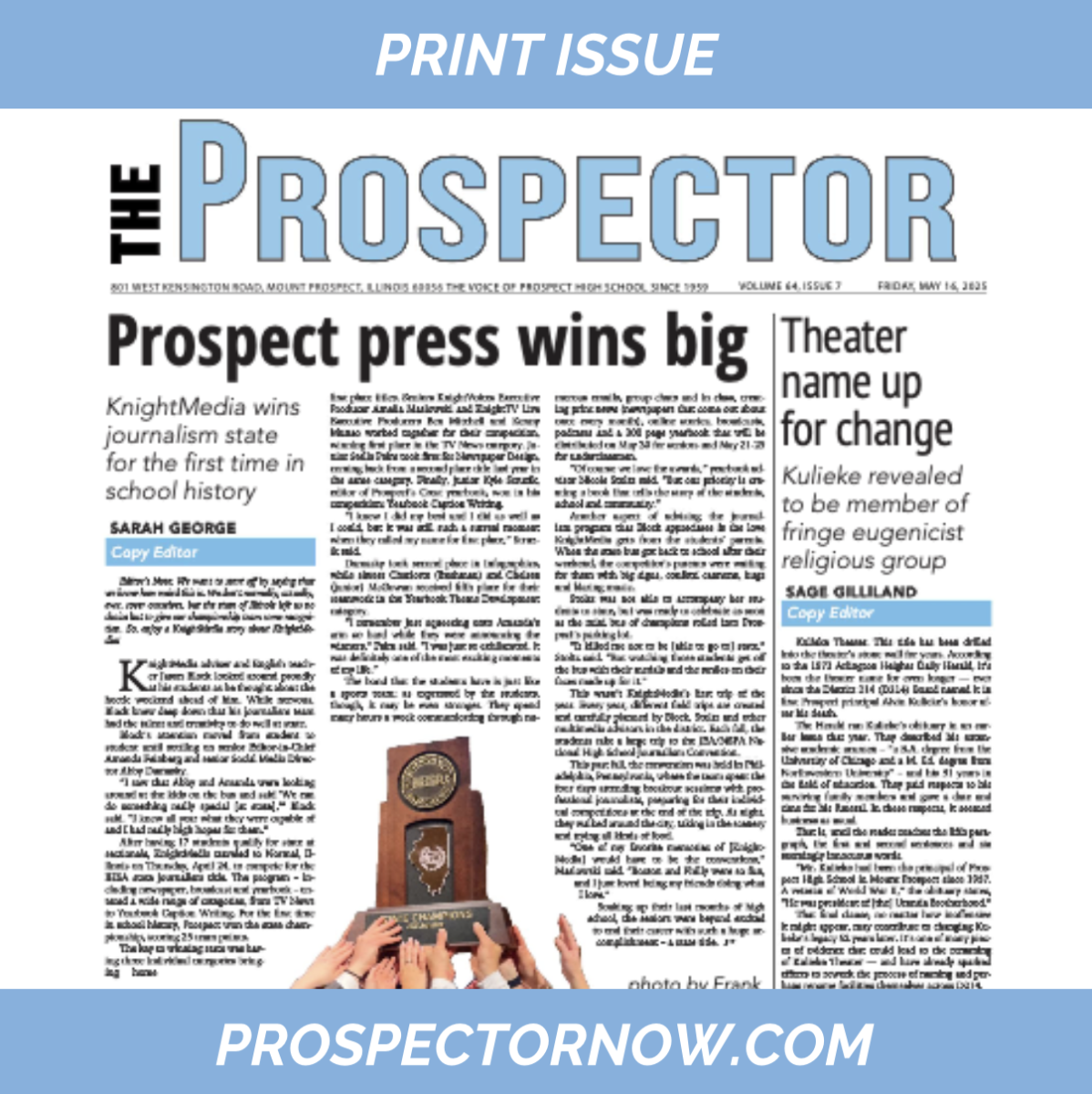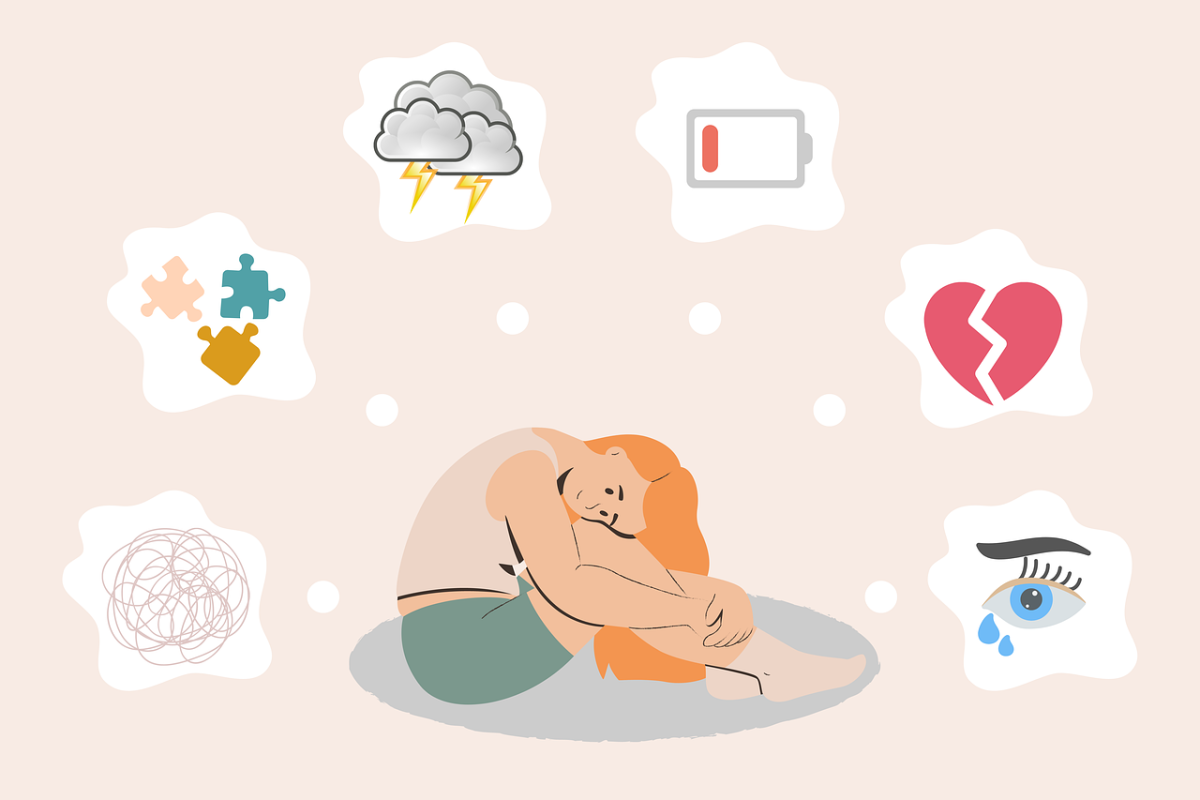A few months ago, I became interested in nutrition to not only help myself feel healthier but also to improve my athletic performance. As I researched how to build muscle while increasing cardiovascular endurance at the same time, I stumbled upon the cesspool of internet nutritional misinformation.
One, two, then three hours passed by, and I grew increasingly confused. One source told me that I needed to eat more sodium to replenish electrolytes, but the next told me that eating more sodium would lead to hypertension.
Turns out I should be eating more fiber and whole grains … never mind.
The body apparently doesn’t need carbohydrates to function. I know I need to eat more protein to properly build muscle, but according to some random internet guy, eating more than 200 grams will give me kidney stones.
Seeing all of these contradictory answers was overwhelming, to say the least. I didn’t know who to believe.
The misinformation problem isn’t isolated to nutritional advice. If you search any question on Google, whether said question is about nutrition, politics or anything else, you’re bound to find multiple answers contradicting each other.
But how did we get into this situation, a situation where those who are researching questions are bombarded with information, with much of said information being untrue or biased? When it comes to social media, English teacher Matt Love explained that a lack of government regulation on corporations is to blame for the rife amounts of misinformation.
“You can try to make Mark Zuckerberg and Facebook be ethical, but they won’t if they don’t have to,” Love said. “Corporations will exist to make money, and you can’t trust a shark not to eat. Capitalism needs regulation and responsibility in a democracy.”
I fully agree with Love on this issue, and there is no better place to see the effects of the lack of regulation than social media.
Whether it’s YouTube, X (or, as sane people call it, Twitter), Instagram or TikTok, content from influencers makes up the majority of social media content. Junior Elijah Mueller is among the 87% of students from a KnightMedia survey who believes that influencers are less trustworthy than traditional media because of their hunger for attention.
“What [influencers] say tends to be solely for the purpose of generating engagement,” Mueller said. “Obviously, the more outrageous a story that they make, [it] will generate more engagement.”
The most recent case for me, when it comes to motivation by engagement, would be the Liver King.
I remember when I first found out about the Liver King. I was just scrolling through YouTube, and there he was. An extremely jacked guy explaining how he had built his gargantuan physique through eating mainly raw meat, liver, testicles and bone marrow and by living a “primal” lifestyle.
I immediately did some research to find whether this guy was on steroids. Whenever the Liver King was questioned about steroid use, not only did he fiercely deny it, but he also explained that if you thought his physique was naturally unattainable, then you should get rid of that “limiting self-thought,” along with all your other insecurities.
If he’s not on steroids, then I thought I had found the solution. All I had to do was eat raw meat and take the Liver King’s $60 supplements, and all my problems would be solved. Right?
Wrong.
The Liver King was on steroids. His agenda was harmful for two reasons, with the more obvious one being that he was promoting unhealthy eating habits on a platform filled with impressionable children and teenagers.
Aside from promoting these eating habits, the Liver King also promoted a naturally unattainable body while lying to get more engagement. Believing someone is natural when they’re not can lead to eating disorders and mental health issues.
Spreading and consuming misinformation on social media can have detrimental effects on teenagers’ mental and physical health. However, according to Mueller, other, more traditional, sources of information aren’t so safe either.
“Mostly these news sources are obviously biased,” Mueller said. “Some of them have some sort of agenda, or maybe some sort of view that they hold … a lot of times these newscasters will put their own opinions into what they’re saying. I just think it’s important that we are informed from a completely factual standpoint.”
The issue of bias is complex, and I think that what Mueller is saying is correct. However, I’m more inclined to agree with AP US Government teacher Tim Beishir.
“There is certainly bias in the media, but people act like bias means that the information is useless and radioactive,” Beishir said. “Information can [still] be very useful if it’s biased, and it’s helpful to understand what bias there is.”
So the real question still stands; if bias is unavoidable and misinformation is everywhere, how can anybody fish out the good stuff? I propose two solutions to the media’s misinformation mess: either the government makes content regulation stricter, or consumers of the media learn how to protect themselves.
But the former isn’t happening anytime soon. Social media has been around since the early 2000s, and it still feels like the wild west.
So, while in the wild west, you, my social media-cowboy friend, have to learn to protect yourself. Your trusty companion holstered by your side is the weapon of critical thinking. This skill is one that Mueller believes teenagers aren’t well equipped with, mainly due to the education system.
“The education system was originally designed to create factory workers; it hasn’t evolved much to meet the new technological era,” Mueller said. “It doesn’t create critical thinkers; it creates people who memorize.”
Mueller believes that the American education system doesn’t foster citizens who think clearly and logically or have skills to reason for themselves.
To an extent, I agree with Mueller. While I believe the education system has changed quite a bit since its days of creating factory workers, I still think more can be done.
Currently at Prospect, the amount of critical thinking a student learns is based on classes that they take. I’ve taken honors and AP English classes for all three years, and, so far, I’ve only done one critical thinking project each year.
While electives like AP US Government and Media Analysis teach critical thinking, most other classes don’t. Prospect needs to offer more media skepticism education in standard and honors English courses. One critical thinking project each year simply isn’t enough. Media skepticism education needs to be better integrated into the academic curriculum.
But in the meantime, if you want a simple golden rule for critical thinking, Love has got you covered.
“What people need to do is actually look at the source of the information that they’re reading and ask themselves, ‘Do I know anything about this source?’” Love said. “If you don’t have a reason to trust them, you should be aware of that, or maybe you should be willing to take a couple extra clicks.”

